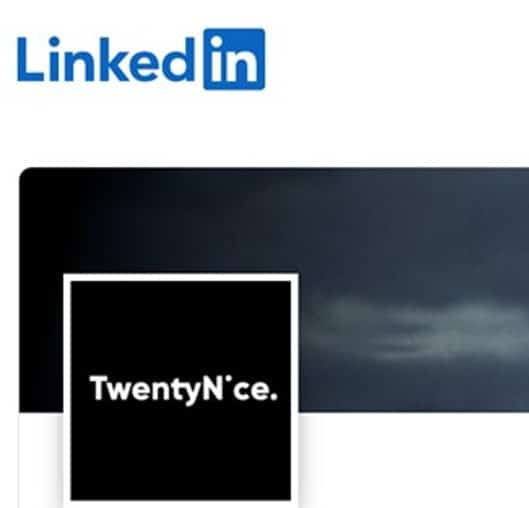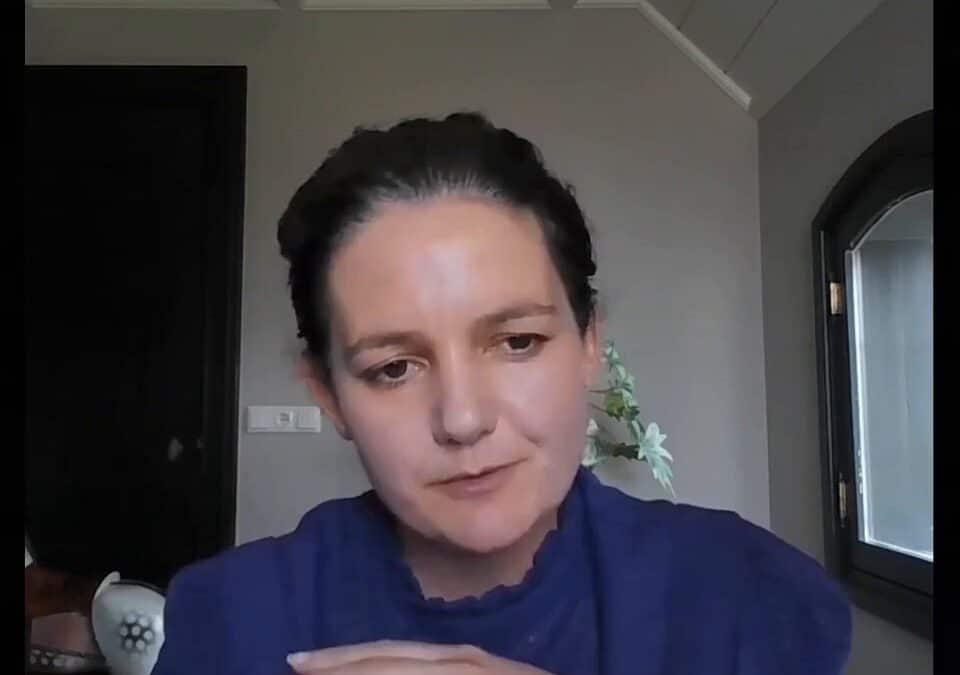This year’s Google I/O is mainly a virtual event. Last year Google skipped I/O completely because of Corona restrictions. We like to quickly enumerate the most important announcements related to Android below, also links to the sessions will be available: What’s new in Android 12 is a general sessions and ties together the more detailed sessions.
Google is making a big investment in UI look and feel, new coloring etc. and new visuals for Widgets and Notifications. At this I/O there is also a large focus on privacy. There are lot of announcement in the session Whats’s new in Android Privacy:
- First of all Location tracking, users can give an app Precise location or Approximate location, this option is built into the location access prompt users see when they open an app that track an user’s location. Google also requested developers if they do not need precise locations to only use the Coarse Location permission within the app code.
- For the clipboard users will be notified when an app request access to the clipboard.
- Also, whenever an app access the mic or camera data the user will be notified.
- Google is further restricting app activities that are running in the background to start Foreground Services, this is a change in the API to limit the use of Foreground Services. For a good explanation on what Foreground Services are and what will change see this year’s Google I/O session Effective background tasks on Android. Important is Google explicitly stated some conditions where foreground services launched from the background is allowed and for EMM client apps (Profile Owners) this is allowed but also in cases of Geofencing for example, see this
- App Hibernation is a new feature whereby unused apps go into hibernation mode. When in hibernation mode the app will clear his memory use, stop background jobs for battery improvement and clears permissions for the app.
- Private Compute Core is a new privacy feature in Android 12. This is a separate Safe partition in the OS, with no direct access to the internet, where sensitive (mostly AI driven) language and audio processing can take place. For example the Now Playing feature can contain (sensitive) private audio samples, it will be processed in the Private Compute Core.
The session The State of Android Security discusses Android Security (is more of an overview of achievements not a lot of new Android 12 features):
- Google is streamlining updating devices and security updates for last couple of years. For Android 11 devices 95% of the devices received the security updates withing 90 days, so this really going in the right direction.
When developing for the Google Playstore, this is an interesting session New tools to help you build safer apps on Google Play with understanding publishing apps and the Google Play policy. For example, to give more clarity, Google has a new section in the Google Play Console called Policy status that provides reasons why an app is rejected and ways to fix it.





 TwentyNice
TwentyNice